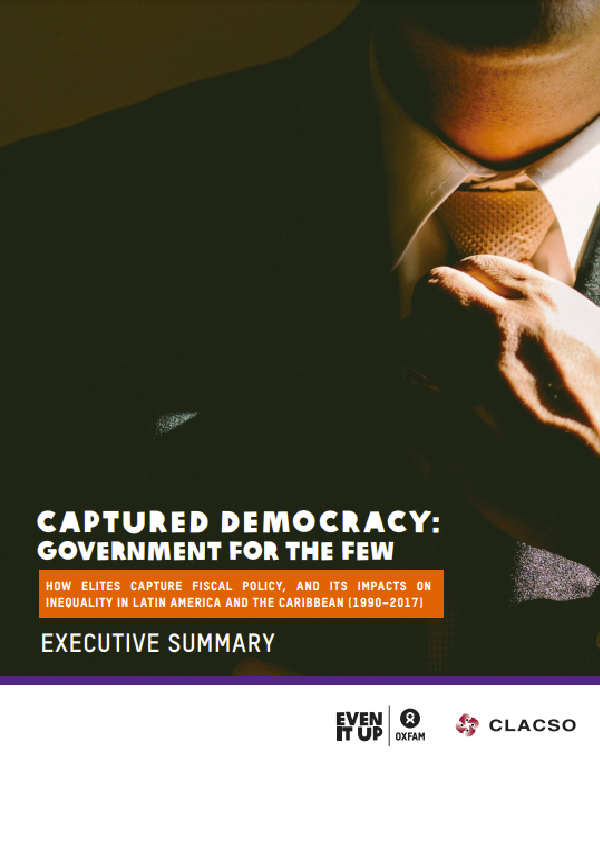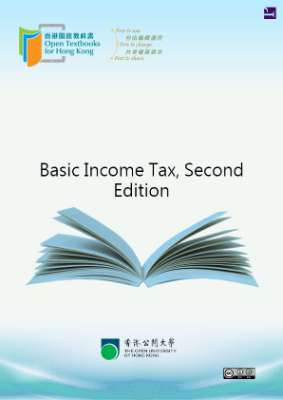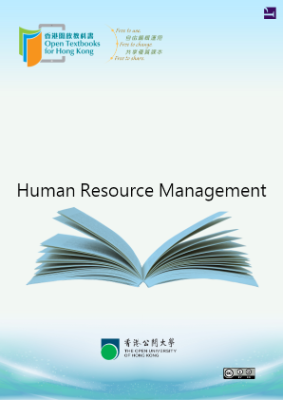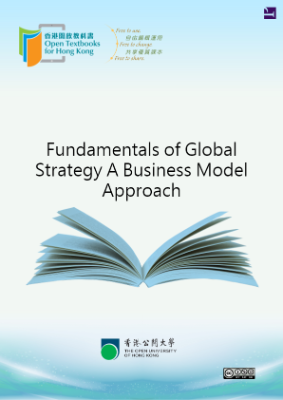The report Captured Democracies: A Government for the Few presents 13 case studies documenting how political and economic elites manipulate the decision-making processes of governments to their own advantage and against the interests and rights of the majority in Latin America and the Caribbean, the world’s most unequal region.
The report analyzes 11 mechanisms used by elites to exercise influence over governments, such as the “revolving door”, fierce lobbying, party financing, bribery, and media manipulation. The Odebrecht case, in which several of these mechanisms of undue influence are examined, is one of the case studies featured in the report.
In democratic societies, where the common good should prevail over individual interests, an increase in poverty or inequality is the very last thing that public policies should bring about. The state’s actual role is to design and implement public policies that tackle these problems and enhance and improve the rights of its citizens. If the opposite is the case, the state is said to have been ‘captured’. A state that grants privileges to a few over the majority of the population is one in which public policies reduce or limit the rights of its citizens.
There are wide varieties of economic inequality, most notably income inequality measured using the distribution of income (the amount of money people are paid) and wealth inequality measured using the distribution of wealth (the number of wealth people own). Besides economic inequality between countries or states, there are important types of economic inequality between different groups of people.
Important types of economic measurements focus on wealth, income, and consumption. There are many methods for measuring economic inequality, the Gini coefficient being a widely used one. Another type of measure is the Inequality-adjusted Human Development Index, which is a statistic composite index that takes inequality into account. Important concepts of equality include equity, equality of outcome, and equality of opportunity.
Fiscal policies increase poverty in six countries in Latin America and the Caribbean (LAC),1 meaning that after the state has collected taxes and spent them on public policies, more people are living in poverty than before the state intervened. A functioning democracy must not allow this to happen.
This executive summary summarises the main findings of the Captured Democracy: Government of the few report, which analyses 13 cases in which elites have played a part in driving fiscal policies that were either regressive or not very progressive. It lists the most common mechanisms used, and sets out a series of recommendations for governments to ensure betterquality democracies that guarantee the common good, reduce poverty and inequality, and eliminate situations in which people are divided into first- and secondclass citizens.
The debate about inequality is essentially political. The time has come to tackle state capture. Democracies must play a role in guaranteeing that conflicts of interest are discussed in the public arena, and that this leads to guaranteed respect for the rights and well-being of the whole population. Citizen participation is key for ensuring a counterbalance to the interests of the elites in process of discussing and defining public policies.











